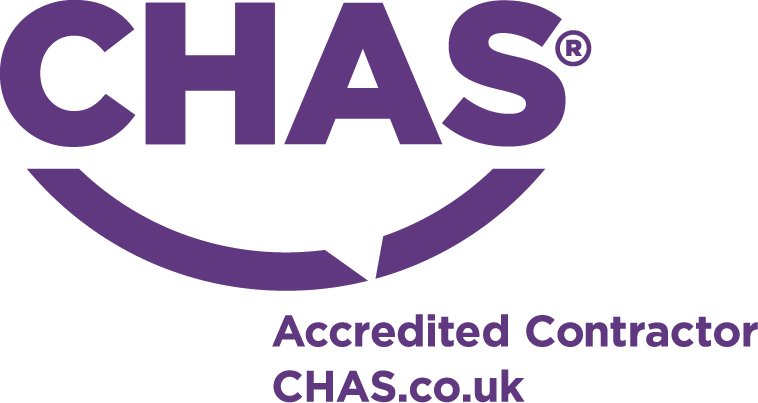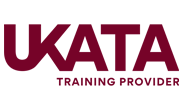Managing Asbestos – Part 3. The Asbestos Register.
There's a common misconception among building owners and employees that conducting an asbestos survey is sufficient to comply with legal duties. However, the survey is just the beginning of the management process. A crucial aspect of this process is the creation and maintenance of an asbestos 'risk' register, which is a simplified extract from the survey designed to inform those working on your premises about the presence of asbestos.
The asbestos risk register is an essential part of the management plan, detailing current information about the presence and condition of any asbestos in the building. To ensure effective management, this register must be regularly updated (at least annually). To maintain the accuracy of the asbestos risk register, you should:
- Conduct regular inspections to check the current condition of asbestos materials.
- Make deletions to the register when any asbestos is removed.
- Add new entries when new areas are surveyed and asbestos is discovered.
- Update the register whenever asbestos-containing materials are found to have deteriorated.
The risk register can be maintained as a paper or electronic record. It's crucial that this document is kept up-to-date and easily accessible. Paper copies can be useful for visiting maintenance workers who need information about the location and condition of asbestos before starting work. On the other hand, electronic copies are easier to update and are often more suitable for individuals responsible for managing large numbers of properties or more extensive premises.
At UKASL, we specialize in providing comprehensive asbestos awareness training, approved and accredited by IATP, RoSPA, ASPS, and UKATA. Our courses, available both online and onsite, are designed to equip you with the knowledge and skills to manage asbestos effectively. For more detailed training, explore our 'Duty to Manage Asbestos (Appointed Person)' training course and our 'UKATA & IATP Non Licensed Asbestos Removal Course'. Stay informed and compliant with the latest regulations and best practices in asbestos management.





